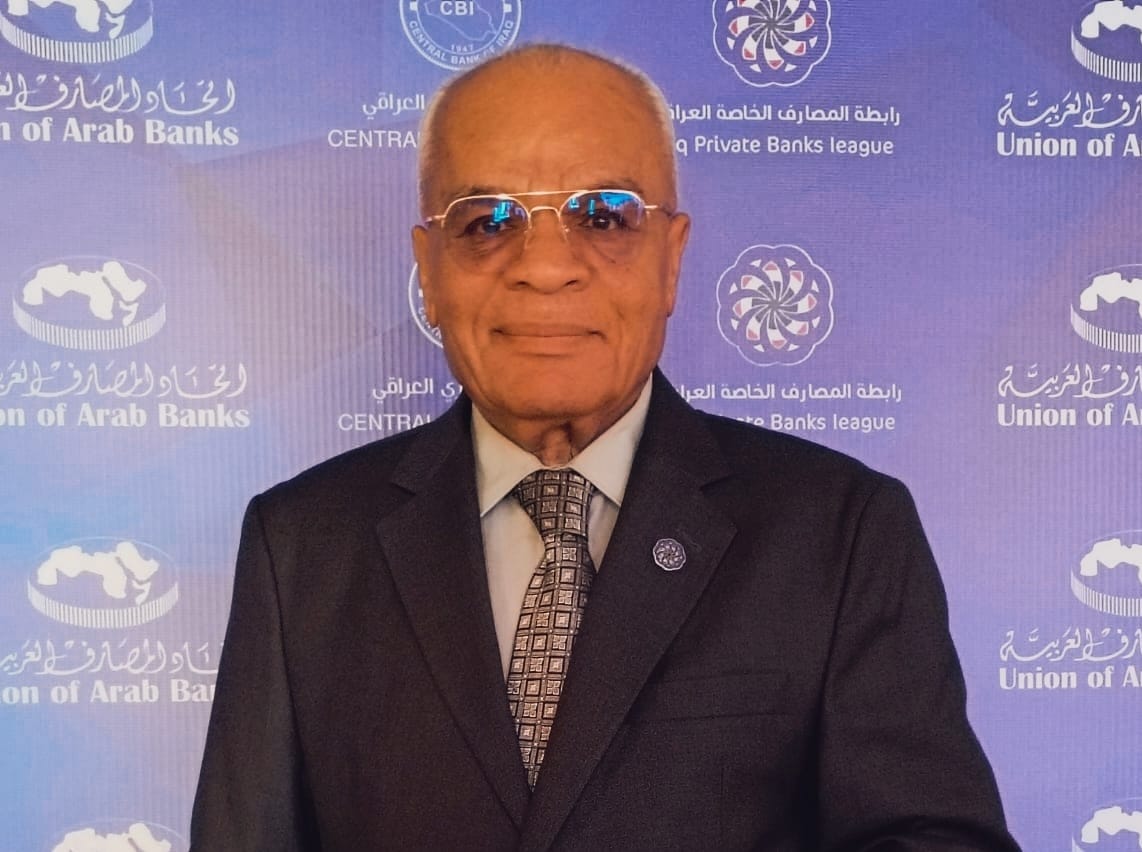STATUS OF THE RV
Yes, it’s all about the bass, I mean BANKS and no treble, I mean no TROUBLE. Lol, lol, lol. You should know by now I use musical songs to make my point and by analogy. It is a love story but not between people. Instead, a love of money and a money transformation in the banks from cash to electronic payment. It is all about the electronic payment and they told us this in many of today’s article again. A main Pillar of Financial Reform.

So, here we go again with a series of articles on the electronic payments and inclusion by the banks. The VERY GOOD part of today’s story is that they are now telling us they can see light at the end of the proverbial tunnel. No, they do not directly tell us this but you can read into the articles and understand the tone. I expect to read more of this in the coming month. Remember that the country of Iraq has only about 35-45 million people as it’s about the size of Texas. It is not huge like the US or other countries in Europe or Africa. In Iraq it often takes time to gain momentum on a country wide effort, especially when you are dealing with two major governments, Kurdistan and the Baghdad governments.
No, the RV is not yet over. Sorry, all you intel gurus I have news for you. How many more unsubstantiated rumors must we hear from these idiots. I am talking mostly about this rumor of the newer lower denominations being now in circulation. How many time must we hear this without any proof? You know who I mean, TNT Tony and Bruce. Then a new idiot MarkZ. Yes, I finally researched this MarkZ idiot and he too is a major part of the problem. It’s all rumor driven news again. No one can seem to prove anything they are saying, even themselves.
😊I will have my normal Wednesday call to Iraq. I try to get together a list of questions for my CBI contact. What I want to know this week is something to gauge the electronic payment effort on. In other words when is enough? For example in today’s list of articles the Association of Private Banks announced today, Saturday and I quote – “that financial inclusion in Iraq increased by 48.5% during the current year, while confirming Iraq’s efforts to reach a rate of 60% in financial inclusion operations next year”. You can go read the entire article titled “BY 48.5%.. BANKS ASSOCIATION: FINANCIAL INCLUSION IN IRAQ HAS INCREASED”
So, is 60% their goal? Is this a measure of enough to pull the trigger on the next rate change and conduct the project to delete the zeros inside Iraq to get the process underway again? Do they mean “by next year” or “during next year”? I would suggest by the end of this year, meaning by next year (early 2025) if they are to reinstate at that time. What do you think?
😊How far is Iraq into this banking reform and electronic payment process? An interesting article in today’s new may give us some hints that they are much farther than we think. Please read the article titled “GOVERNOR OF THE CENTRAL BANK OF IRAQ: WE HAVE MADE GREAT STRIDES IN THE PROCESS OF REFORMING THE BANKING SECTOR” So what happened this past period? The Central Bank of Iraq participated in the Electronic Payments Conference towards Financial Stability in Iraq, which was held under the patronage of the Prime Minister of Iraq, Mr. Mohammed Shia Al-Sudani, and organized by the Iraqi Private Banks Association, with the wide participation of parties concerned with electronic payment and the Iraqi banking sector. It’s these subtle kinds of articles that we should pay attention to. Who attending these conferences? Who sponsoring them and why? On this same note you might want to also read the article titled “AL-ALAQ: THE NUMBER OF DIGITAL BANKS IN IRAQ WILL BE GREATER THAN NEIGHBORING COUNTRIES”. This article will give you a perspective on what took place in the conference and were they intend to bring Iraq in the banking sector.
So, you can see there is necessity for clarity on many of these issues. What exactly is their goal and when is enough? But again, I have to be fare and add that at this point I believe it is all just a game anyway. The IQD should already be reinstated a decade ago and so why are we still waiting? What is this game being played? I am referencing Dr Shabibi’s 2012-2013 efforts again. Okay so the US Treasury is forcing Iraq down a path or revitalization of their economy first. This could make sense as we could see a higher rate when we go to exchange. But will we die first before this happens? How much is Iraq losing by not reinstating?
😊There is a good article in this regard you might want to read titled: “IT WILL TRANSFORM IRAQ INTO AN OPEN COUNTRY.” AL-SUDANI: THE PATH TO DEVELOPMENT NEEDS 5 YEARS TO COMPLETE” Didn’t they say this 5 years ago. Opps another 5 years…… Opps they said it again…But do they need the currency to complete this aggressive plan? Seems it's always five years away. Do you see this too?...TO BE CONTINUED

